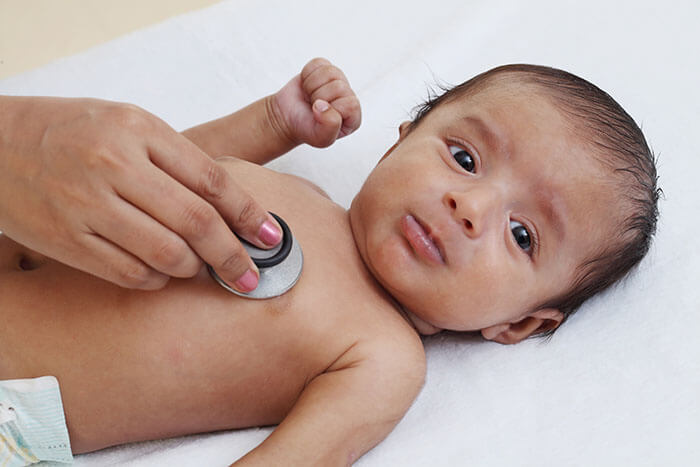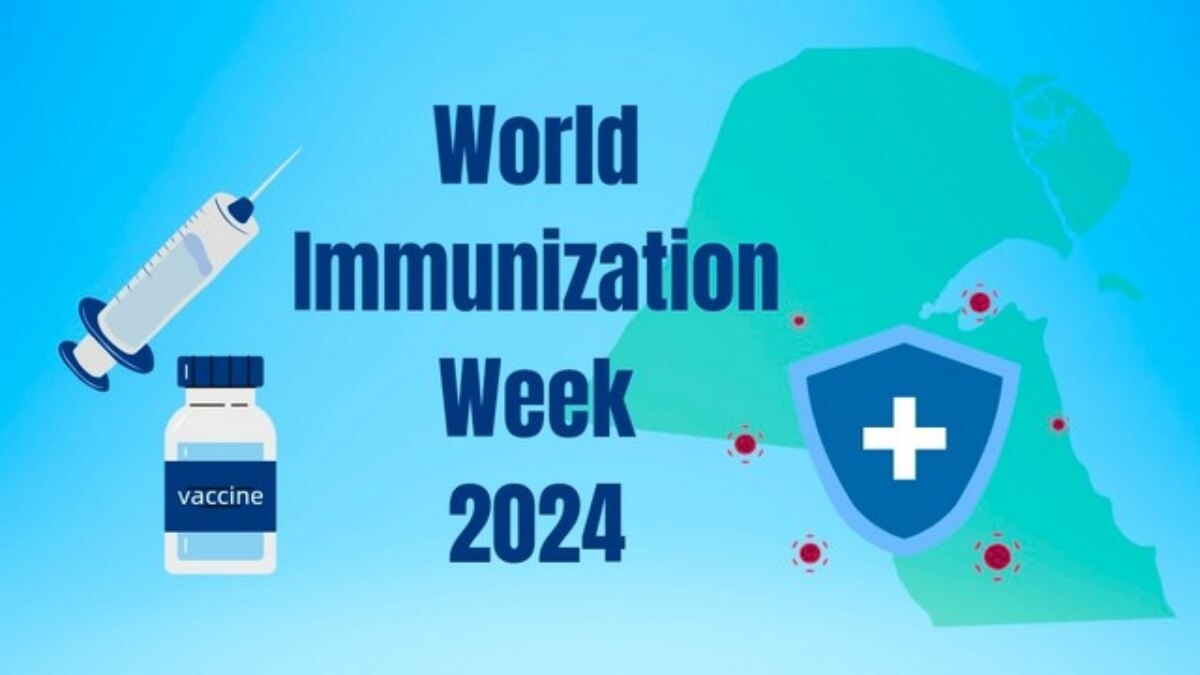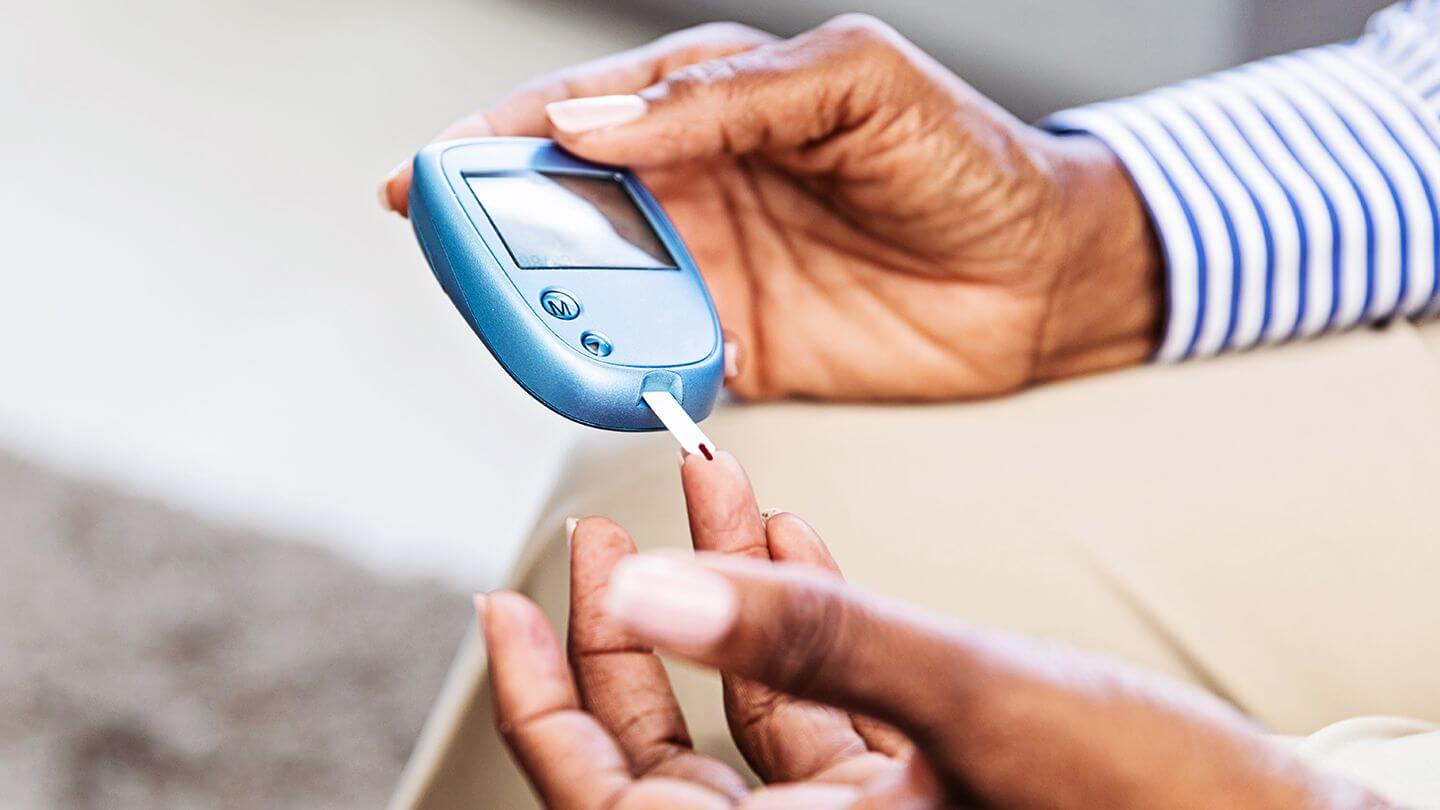Maternal diabetes increases congenital heart defects in children: Experts
Fri 09 Feb 2024, 23:20:28

Congenital heart defects are the conditions of the heart that are present at birth and can affect the structure and function of the baby's heart. February 7 to 14 is celebrated as Congenital Heart Disease Awareness Week to bring the awareness among general public regarding these heart defects.
According to Dr Ravinder Goud Jangampally, Consultant Paediatrician & Neonatologist, Yashoda Hospitals Hyderabad, there are many known causes of congenital heart defects, one among them is maternal diabetes.
Maternal diabetes increases the children's risk for congenital heart defects:
Maternal diabetes, whether it's pre-existing type 1 or type 2 diabetes or gestational diabetes, significantly increases the risk of congenital heart defects (CHDs) in children.
Research indicates that maternal diabetes disrupts normal embryonic development, particularly during the crucial early weeks when the heart is forming. The exact mechanisms underlying this association are still being studied, but several factors are believed to contribute to the increased risk of Congenital heart defects:
Hyperglycemia: Elevated blood sugar levels in the mother can cross the placenta and expose the developing fetus to high glucose concentrations. This excess glucose can disrupt normal cardiac development, leading to structural
abnormalities in the heart.
abnormalities in the heart.
Oxidative stress: Maternal diabetes is often associated with increased oxidative stress, which can damage developing fetal tissues, including the heart.
Epigenetic changes: Diabetes during pregnancy can cause alterations in gene expression patterns in the developing fetus, potentially affecting the formation of vital organs such as the heart.
Nutrient imbalance: Imbalances in essential nutrients such as folate, which is crucial for embryonic development, can occur in women with diabetes, further increasing the risk of CHDs.
The types of CHDs associated with maternal diabetes vary but may include septal defects (holes in the heart's walls), transposition of the great arteries, and other structural abnormalities. These defects can range in severity from mild to life-threatening and may require surgical intervention or long-term medical management. Importantly, the risk of CHDs in offspring is not solely determined by the presence of maternal diabetes but also by factors such as glycemic control, maternal age, maternal education and the presence of other comorbidities. Thus, proper prenatal care, including early screening and management of diabetes before and during pregnancy, is essential for reducing the risk of CHD and ensuring the best possible outcomes for both mother and child.
No Comments For This Post, Be first to write a Comment.
Most viewed from
Most viewed from Health
AIMIM News
Asaduddin Owaisi files nomination papers on Friday
Apr 20, 2024
Owaisi Begins Election Campaign in Hyderabad
Apr 13, 2024
Latest Urdu News
Most Viewed
May 26, 2020
Do you think Ruturaj Gaikwad would be a good captain for Chennai Super Kings?
Latest Videos View All
Like Us
Home
About Us
Advertise With Us
All Polls
Epaper Archives
Privacy Policy
Contact Us
Download Etemaad App
© 2024 Etemaad Daily News, All Rights Reserved.




















.jpg)




















